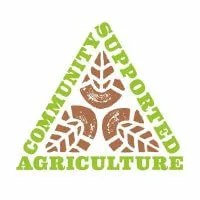
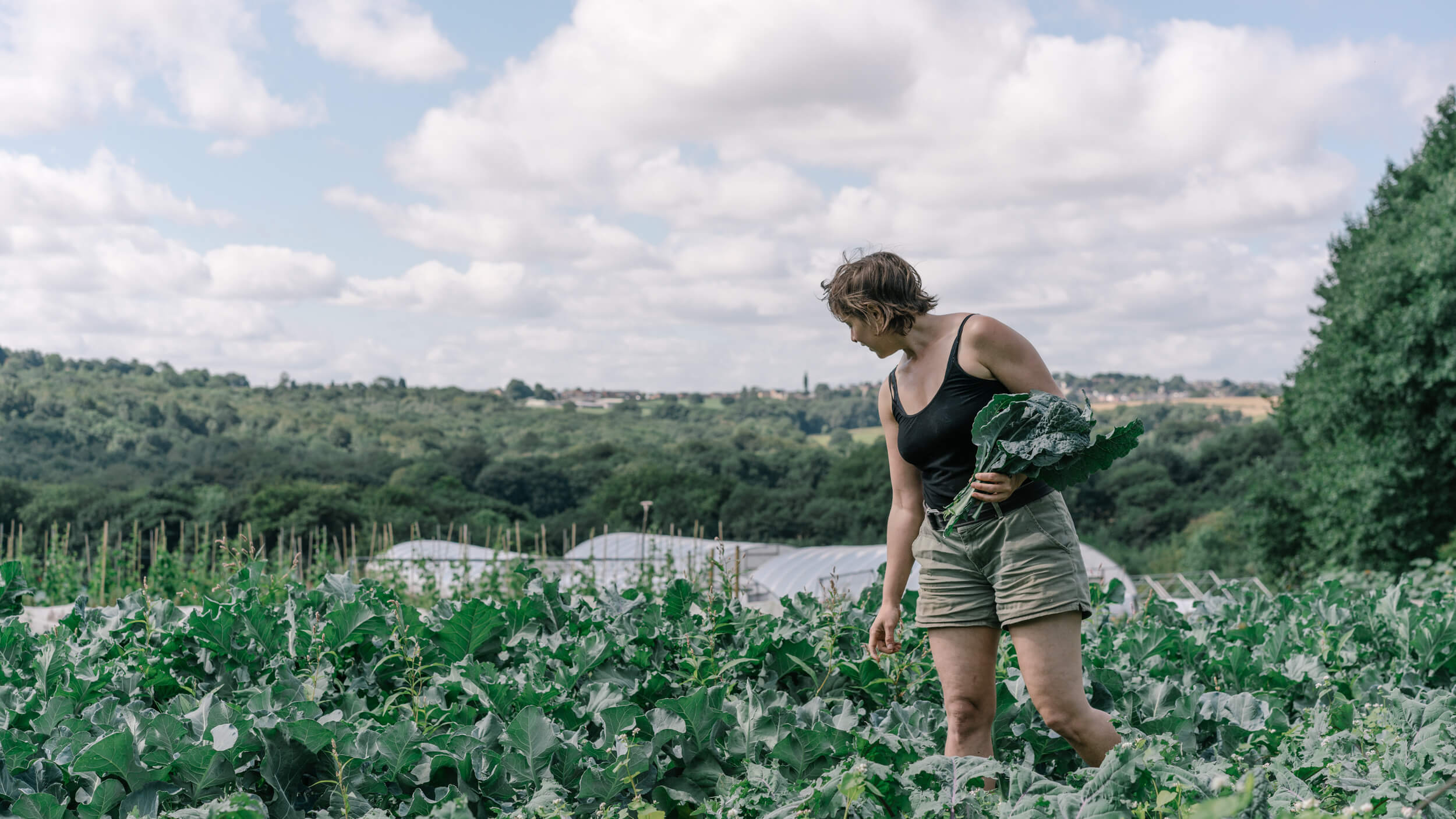
Yesterday, Professor Tim Lang published his much-anticipated report for the National Preparedness Commission: Just in Case: 7 Steps to Narrow the UK Civil Food Resilience Gap.
Speaking to BBC Radio 4’s Farming Today, he highlighted the UK’s heavy reliance on large food corporations in times of crisis and the urgent need to build more resilient, community-based food systems.
“There isn’t good food resilience for the people in Britain… we are entirely dependent on very big players and there isn’t the right planning going on at the local level. And yet there could be… building civil food resilience, preparing the public, including them in discussions.”
At Regather, we’ve been working for years to strengthen Sheffield’s local food system—growing, sourcing, and supplying fresh, organic food to households, supporting small-scale farmers, and ensuring that more people have access to healthy, sustainable food. The Just in Case report makes it clear that this work is more urgent than ever.
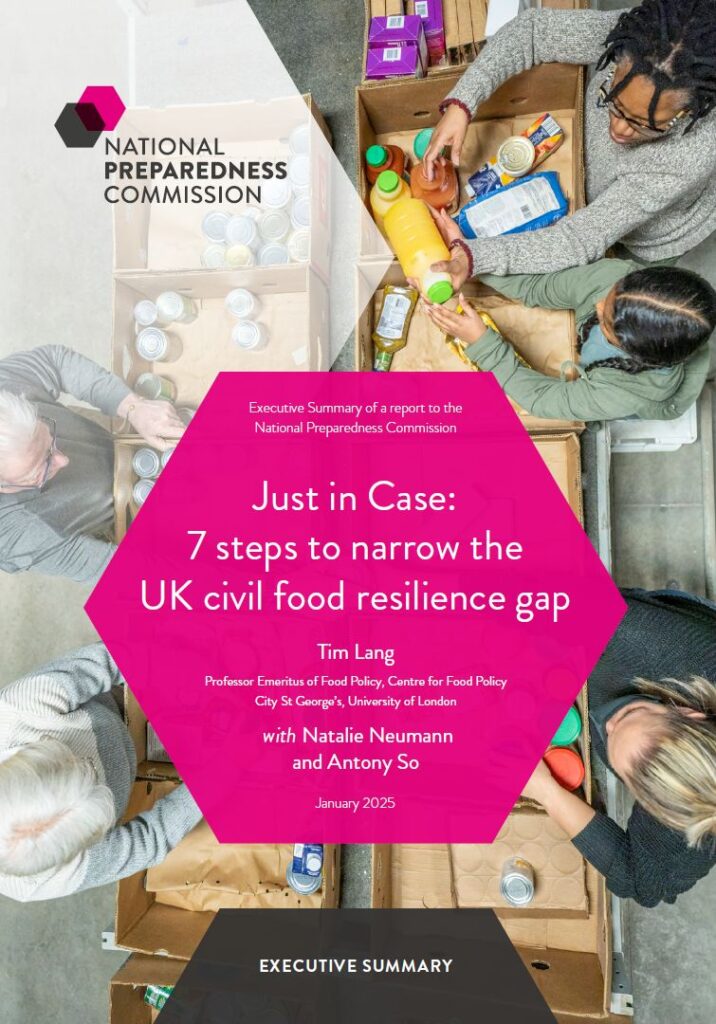
In the report, Lang describes how the increasing drive for efficiency has resulted in lean supply chains, reducing redundancy but leaving the system vulnerable to shocks. Incredibly, just nine companies control 94.5% of food sales in the UK, making the system highly concentrated and therefore susceptible to disruption.
Potential threats include cyber-attacks, energy outages, oil and gas crises, extreme weather events, and geopolitical instability. Modern logistics rely heavily on digital infrastructures that are also used for military operations, meaning that global tensions could directly affect food supply chains. Conflicts, such as those affecting the Suez Canal or major agricultural exporters, can quickly impact food availability in the UK. This was recently witnessed at the start of the Ukraine conflict in 2022, when Russia’s military blockade of Black Sea ports brought grain exports to a virtual standstill.
Potential threats include cyber-attacks, energy outages, oil and gas crises, extreme weather events, and geopolitical instability. Modern logistics rely heavily on digital infrastructures that are also used for military operations, meaning that global tensions could directly affect food supply chains. Conflicts, such as those affecting the Suez Canal or major agricultural exporters, can quickly impact food availability in the UK. This was recently witnessed at the start of the Ukraine conflict in 2022, when Russia’s military blockade of Black Sea ports brought grain exports to a virtual standstill.
One of the report’s key recommendations is for communities to map their local food assets—what the authors call a “prepare, share, care” approach. This means understanding where food comes from, strengthening local supply chains, and making sure people have access to food in times of disruption.
This aligns directly with Regather’s work. Our veg box scheme supports local growers and helps people access fresh food outside of fragile supermarket systems. We’re also working to expand Sheffield’s capacity for agroecological horticulture through our research work, and by delivering our community gardening and education activities. Allotments and other, small, social growing spaces may be viewed as peripheral contributors to the urban food system, but evidence has shown that they play an incredibly important role in times of crisis, as demonstrated during the Covid Pandemic.
In the report, Lang stresses the intrinsic connection between UK food resilience, ecosystem rehabilitation, and Net Zero targets, pointing out:
“It’s not the environment versus food production… The question is, what sort of food production? And the great deficit in Britain is horticulture… we’ve got to rethink land use to be good for nature, good for environmental issues… but at the same time we’ve got to build some diversity of production.”
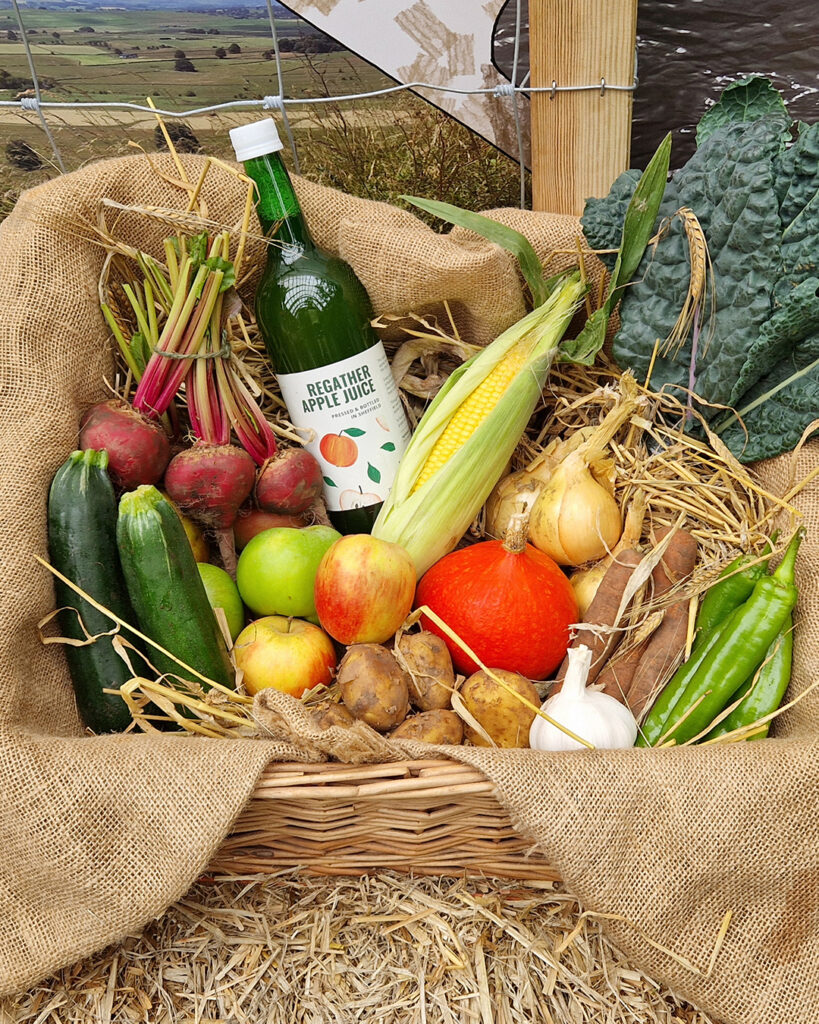
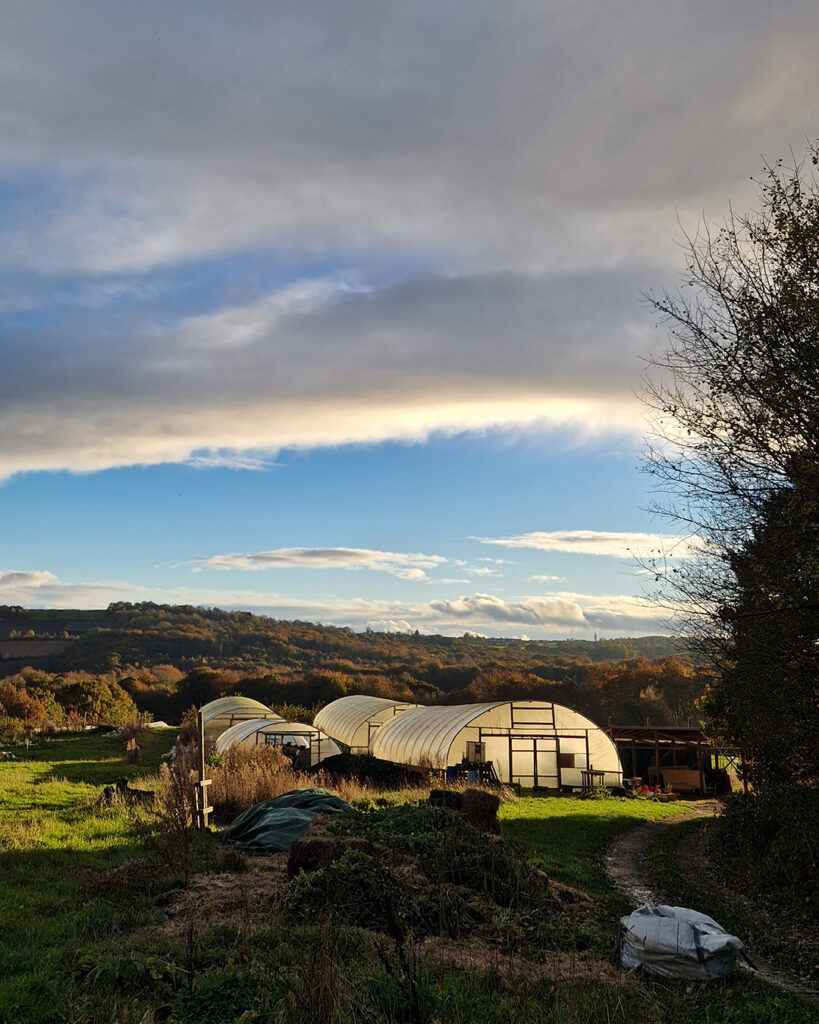
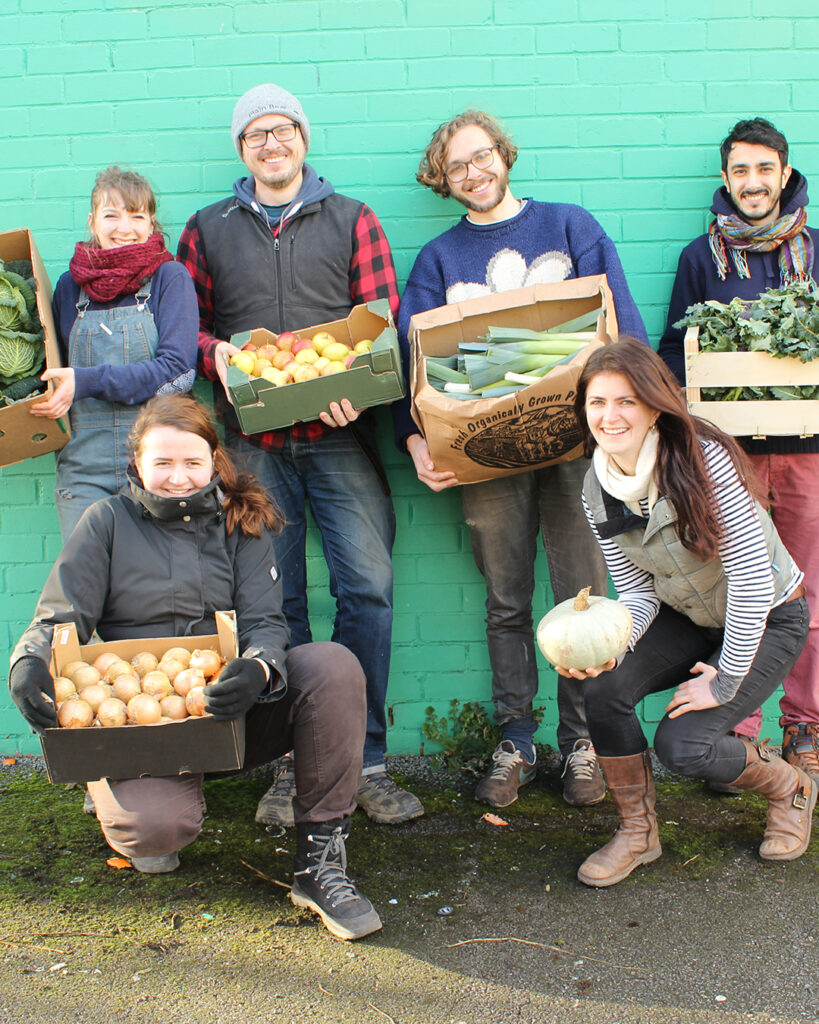
The report is clear: national food security cannot be left solely to the market. Government must take responsibility for food resilience, from supporting regional food production to ensuring local authorities have the powers and resources to coordinate food security planning. One of the report’s boldest recommendations is the creation of Local Food Resilience Committees, to bridge the gap between official resilience structures and community-led initiatives – a move we at Regather would welcome.
Lang also argues for a shift in mindset—from the outdated “just-in-time” model of food logistics to what he calls “Total Food Defence.” This concept, inspired by Sweden’s approach to food preparedness, would require all municipalities to ensure access to food in times of crisis, treating food security as a fundamental duty rather than a market-driven issue.
Gareth Roberts, Co-Founder and Director at Regather, believes that:
“For too long, food security has been seen as a matter for big retailers and global supply chains. The Just in Case report shows that resilient food systems must be built from the ground up. At Regather, we’re committed to strengthening Sheffield’s local food economy and ensuring people have access to fresh, healthy food—today and in the face of future crises. We hope this report prompts real action at both local and national levels.”
Support Local Food: Buying from local producers helps build resilience. Consider signing up for a Regather veg box.
Get Involved: Join community food initiatives, whether that’s growing, cooking, or campaigning. On the 25th February, The Central Sheffield Local Area Committee will be holding a public event in Hillsborough on the theme of food, food growing and allotments. Everyone is welcome to attend and share their views. More details here.
Demand Change: Call on local and national leaders to take food resilience seriously.
The full Just in Case report is available via the National Preparedness Commission. Let’s make sure this is more than just another report—let’s turn it into action.

